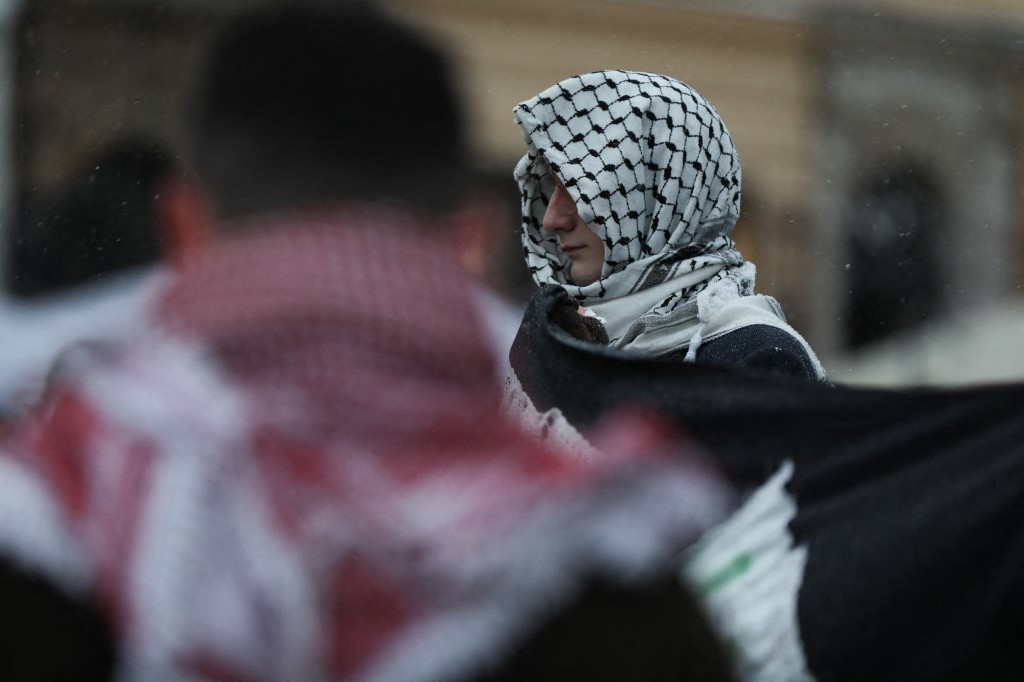Israel and the Palestinian territories are witnessing an unprecedented escalation, with the war in Gaza and rising tensions in the West Bank. Despite the resilience of Hamas and Islamic Jihad, Israeli military successes have dealt a significant blow to the Iran-Hezbollah axis, dismantling infrastructure, leadership, and resistance capabilities.
The conflict, ongoing for over 15 months, has redefined the Palestinian cause. Israel's most right-wing government in history has seized this moment to bury any prospects of a Palestinian state, sidelining the Oslo Accords and dismantling autonomy efforts.
The "Al-Aqsa Flood" operation launched by Hamas in October 2023 yielded unforeseen outcomes for the group. Israel capitalized on the attack to tighten its grip, not just on Gaza, but also on the West Bank, where internal Palestinian divisions work to its advantage.
Over time, Hamas, weakened by relentless military strikes, seems to be conceding to a grim reality: the administration of Gaza may soon fall under a humanitarian committee comprising various political figures, including former Fatah leader Mohammed Dahlan.
This development further divides Palestinians, with Gaza isolated and the West Bank suffocated by occupation and internal rivalries. Meanwhile, Israel discreetly advances its geopolitical agenda, even contemplating the forced relocation of Palestinian populations to neighboring countries.
As Netanyahu strives to reshape the Middle East, the Palestinian cause enters a new chapter, marked by fragmentation, uncertainty, and the fading hope of sovereignty.
Such an outcome could pave the way for a Gaza-like scenario in the West Bank, with Hamas pushing Israel toward deeper intervention, unintentionally aiding Israeli plans to annex the territory.
Amid recent shifts in Syria, the Palestinian Authority (PA) fears a resurgence of Hamas, the Palestinian branch of the Muslim Brotherhood, bolstered by its perceived victories in the Syrian conflict. This concern, echoed by several Arab states wary of rising Islamist movements, adds to longstanding accusations that Israel has empowered Hamas to undermine the historic Palestinian struggle led by Fatah. These tactics date back to the first Intifada of 1987, where Fatah played a pivotal role.
Meanwhile, Palestinian factions view the PA’s actions in the West Bank as a preemptive war aimed at preventing a Syrian-style expansion of Islamist movements, which could strengthen the Palestinian cause in the long run. However, these factions remain skeptical of the PA’s intentions, seeing its moves as attempts to align with Israel at their expense.
If the PA fails in its confrontation with Hamas and Islamic Jihad, it risks losing political and military clout, giving Israel an opportunity to discredit the Authority further and expose its inability to govern. Such an outcome could pave the way for a Gaza-like scenario in the West Bank, with Hamas pushing Israel toward deeper intervention, unintentionally aiding Israeli plans to annex the territory.
Netanyahu’s strategy revolves around deepening Palestinian divisions, potentially escalating into civil conflict in the West Bank. His goal is to oust Mahmoud Abbas, the PA president, and replace him with a figure more amenable to Israeli control, enabling further expansion in the West Bank while relegating the PA to a symbolic role in Gaza.
These developments are underscored by the publication of a “Historic Israel” map on an Israeli Ministry of Foreign Affairs website, which includes territories from Jordan, Syria, and Lebanon. Though distinct from the concept of “Greater Israel,” this map publicly reflects Israel’s closed-door aspirations for territorial expansion.
The dream of a peace agreement, based on the 2002 Arab Initiative offering normalization in exchange for withdrawal from occupied territories and the return of refugees, seems increasingly unattainable. With an ultra-right Israeli government and a public shifting further to the right, peace prospects are dim. Palestinians and Arabs are left clinging to the hope of a future shift in Israeli sentiment – a hope that remains elusive.
Please post your comments on:
[email protected]
 Politics
Politics







